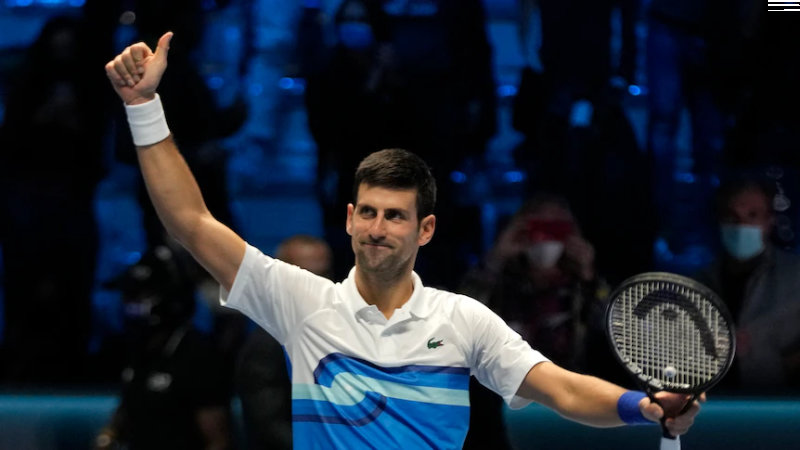Morrison's doubletalk exposed again in Djokovic farce
January 11, 2022
The public is white hot with anger at Djokovic’s conduct. Even so, allowing him to stay and play tennis remains the best option for the government.
Serbian media and the Murdoch press have revealed there was a telephone conversationthis week between the two leaders on the Djokovic issue.
While we only have media reports to go on, there is no doubt Morrison would not have explained to the Serbian Prime Minister, Ana Brnabic, why he changed the process used to deal with medical exemptions.
He would not have explained why Djokovic was the first person affected by this change.
Until and including January 5,Australian Border Force (ABF) accepted medical exemptions provided by state governments at face value.
We know this not only because a number of tennis players entered Australia on this basis prior to January 5 but because Morrison himself explained the process in this way on January 5.
He said in respect of the medical exemption provided to Djokovic that this was a matter for the Victorian government. They have provided him with an exemption to come into Australia and so then we act in accordance with that decision.
It was not until Home Affairs Minister Karen Andrews warned that ABF would look behind these exemptions that things changed on January 6.
Noting the white-hot anger in the Australian public about the possible special treatment of Djokovic, Morrison chimed in with his now infamous statement that rules are rules, even though the rules had changed from those he articulated the day before.
That night and early the next day, Djokovics visa was cancelled and he was taken into detention. He was subsequently released after he won an appeal to the Federal Court.
The government indicated to the court that it was considering cancelling Djokovics visa using the ministers visa cancellation powers at s133C3 of the Migration Act.
This enables the minister, acting personally, to cancel a visa without giving the visa holder natural justice if it is in the national interest to do so.
Taking such an action would be extraordinary.
Subsequently, the government has let it be known to the media that Djokovic may have made a false declaration on his Australian Travel Declaration to the effect that he had not travelled in the 14 days prior to coming to Australia. It seems he had travelled to Spain during this time.
Djokovic has described the mistakes on his immigration form as human error and ‘’not deliberate’’.
While the mistakes mean the minister could consider cancelling Djokovics visa, possibly under either s133C1 or s116 of the Migration Act where the minister gives the visa holder natural justice, even this option is problematic.
The minister would have to issue Djokovic a Notice of Intention to Cancel and provide him with 24-48 hours to respond.
Having considered Djokovics response, if the minister decided to cancel, he would issue a notice of cancellation to Djokovic.
This would need to be delivered by ABF officers to Djokovic, most likely with a massive number of global media present. Djokovic would then be taken back into detention while he considered his appeal options.
Given the global media circus this would create, the fact this would prevent Djokovic from participating in the Australian Open and the possibility government could again lose a second appeal, there must be serious doubts the government will go down this path.
A better option would be for the government to sit down with Djokovic and work out how risk to public health might be minimised from Djokovics continued presence in Australia and allow him to participate in the tennis.
While the government would be heavily criticised for this action, that criticism would die down once the tennis starts.
Cancelling Djokovics visa would just prolong the saga and criticism of the governments handling of the issue.

